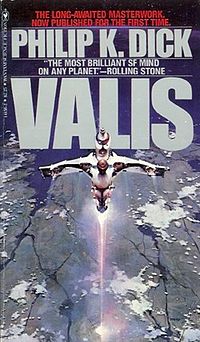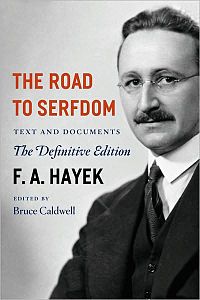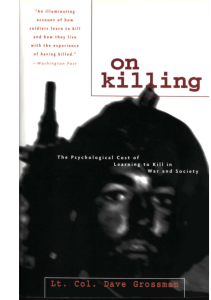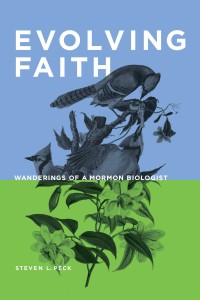 Over at Worlds Without End, I’ve reviewed BYU biologist Steven Peck’s forthcoming book Evolving Faith: Wanderings of a Mormon Biologist: the latest in the “Living Faith” series from the Neal A. Maxwell Institute for Religious Scholarship. The book offers both technical works in science and philosophy (largely surrounding evolution and ecology) and personal essays. I conclude,
Over at Worlds Without End, I’ve reviewed BYU biologist Steven Peck’s forthcoming book Evolving Faith: Wanderings of a Mormon Biologist: the latest in the “Living Faith” series from the Neal A. Maxwell Institute for Religious Scholarship. The book offers both technical works in science and philosophy (largely surrounding evolution and ecology) and personal essays. I conclude,
Beyond merely being a book that speaks positively of evolution that was published through “the Lord’s University” (which may come in handy when discussing it with Mormons skeptical of the theory), it also is an example of what Latter-day Saints should be doing: thinking deeply about science, philosophy, and theology. Peck’s essays could potentially rekindle a sense of connection between Latter-day Saint readers and Creation, binding them to all living beings. The book is a reminder of the strangeness of embodiment and consciousness, an invitation to reflect on the millions of years written into our genetic code, and a call to environmental ethics and proper stewardship. Peck has provided a benchmark in LDS dialogue between science and religion. Not only will this book be helpful for lay readers, but it can serve as a model for future academics seeking to tackle similar subjects. I hope to see insights by Peck and others begin to trickle into class discussions and maybe, just maybe, replace the anti-scientific views found in so much Church curriculum. We will be a better church for it.
Check it out and be sure to pre-order Peck’s book.
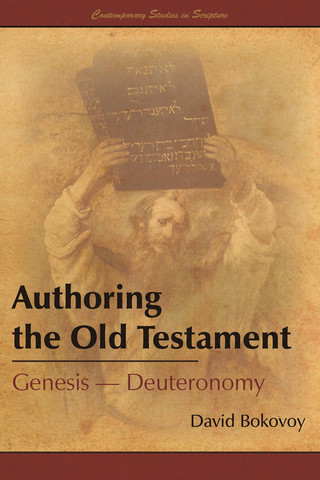
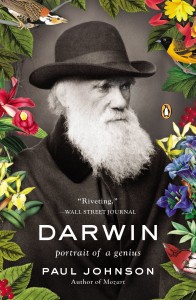


 Jonathan Langford over at
Jonathan Langford over at